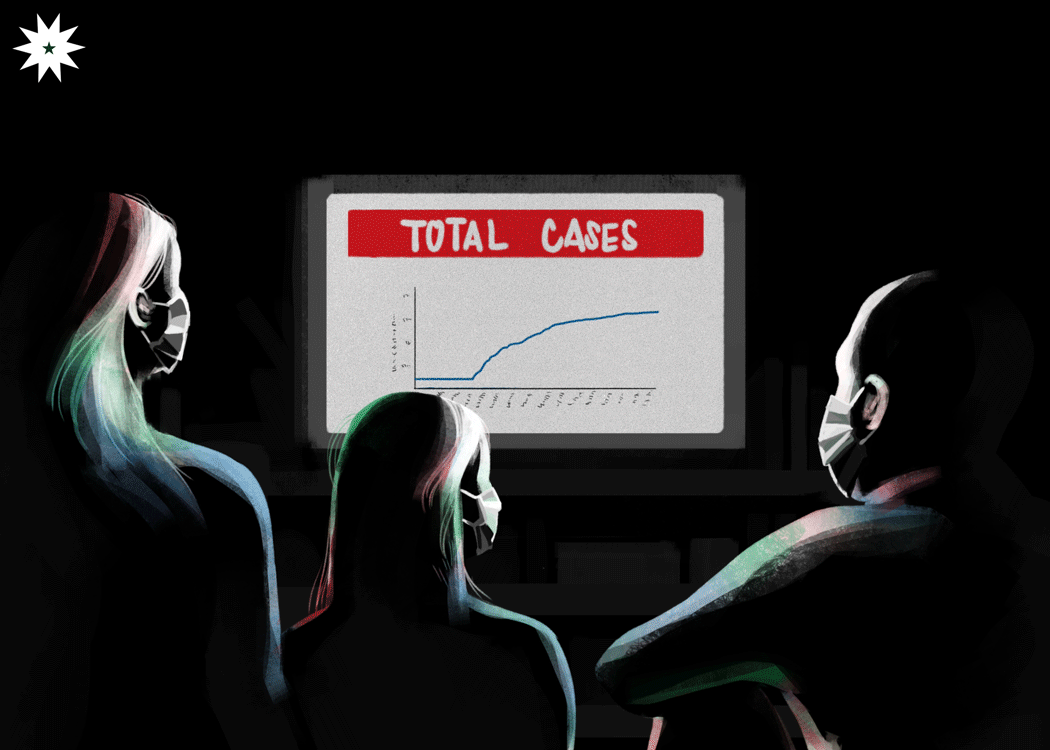Now more than ever, the public is in dire need of information.
With the COVID-19 pandemic forcing individuals and their families into a sense of seclusion, staying vigilant and aware of the developments across the nation has become a more grueling task. Yet it is through the eyes of media outlets that people can still gain much-needed insight into the situation’s magnitude, with their continued reportage covering any and all of the crisis’ facets—from the case tallies and distribution of aid, to the government policy revisions and testimonies from the frontline.
One such source of information was threatened last May 5, when the National Telecommunications Commission (NTC) issued a cease and desist order against media giant ABS-CBN, whose 25-year legislative franchise expired a day before. Marred by a quo warranto petition filed by Solicitor General Jose Calida in late February, the problem did not seem to merit any urgent attention in Congress; to this day, 11 bills appealing for the network’s renewal remain pending before the House of Representatives.
The NTC had stated last March 11 that upon expiry of the franchise, ABS-CBN would still be allowed to continue operations under “provisional authority”. The issue was incited again last May 3, on World Press Freedom Day, as Calida vocalized warnings to the commission; the Department of Justice and Congress, meanwhile, supported the granting of the provisional permit. With the cease and desist order instead given, however, it appears clear that the NTC has overturned their earlier stance.
The consequential halting of broadcasting operations—several television channels and radio stations going off-air—limits the outflow of reliable information to the masses and leaves more than 11,000 personnel jobless at this difficult time. Further, with the NTC intending to await the lifting of quarantine measures before scheduling a hearing for the case, the fate of ABS-CBN is left in limbo at a time when dubious claims, half-baked solutions, and an overwhelming amount of data abound.
We are in a situation of helplessness: we do not yet know enough about COVID-19, yet media outlets that do provide information about the disease and its pervading impacts are being silenced.
Providing reports anchored in evidence, mass media in the time of COVID-19 carry a heightened role in ensuring that public attention is not diverted from the events transpiring around us. On the daily, existing policies are revised, new programs are rolled out, and analyzed statistics become more complicated; all these we have to communicate and comprehend as grounded in facts rather than half-truths and slanted stories.
As the world and the country grapples with the pandemic, it is imperative for governments and citizens to support media independence. When an “infodemic” of misinformation and distrust plagues the health crisis, the media must all the more stand as public informants and watchdogs—documenting social realities, dispelling falsehoods, and holding the powerful to account.
The responsibility of relaying information now rests on all of us; it is now our collective duty to uphold press freedom. We have to shed light on things left hidden in the dark. Truth-telling will endure.

